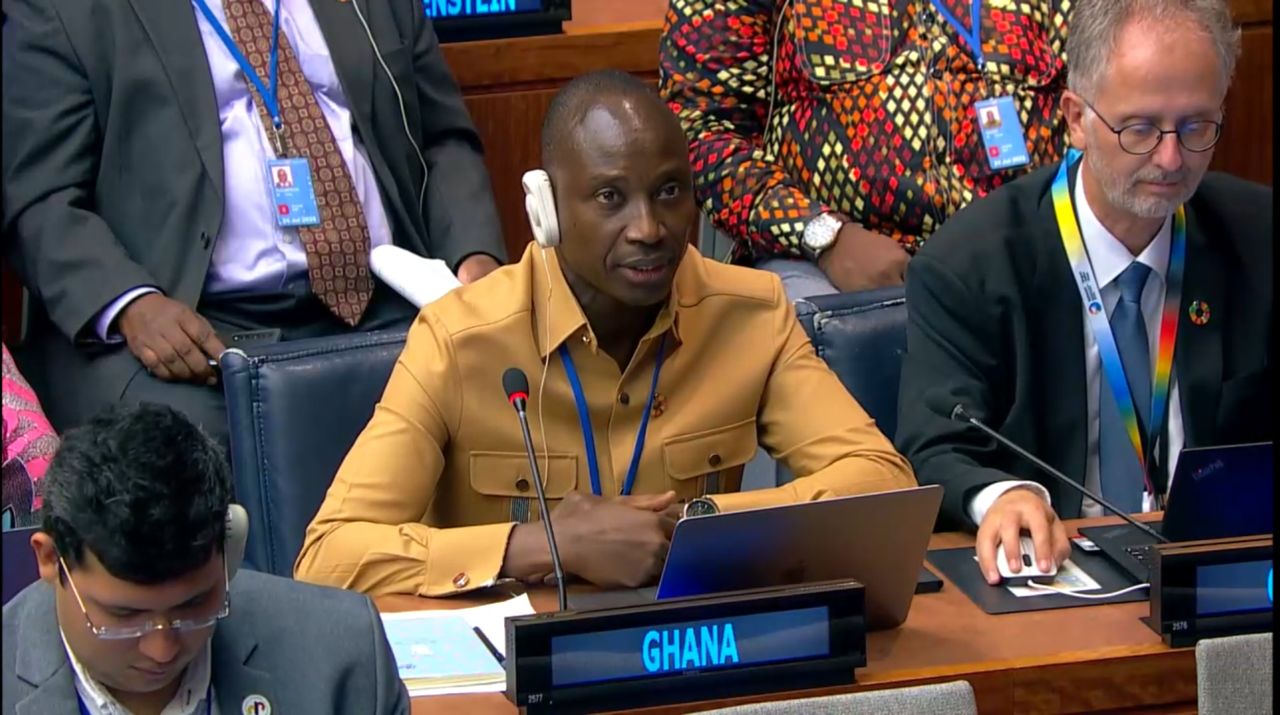Ghana Pushes Bold Labour Reforms to Tackle Rising Unemployment


Quidah is an online platform that connects investors with curated opportunities and expert insights on Africa’s emerging markets, while offering businesses promotional services, partnership facilitation, and market intelligence to attract capital and grow their operations.
Industries
Ghana is moving forward with sweeping labour reforms as the country races to achieve its Sustainable Development Goal 8 target of “decent work and economic growth” by 2030. The government’s action comes at a crucial time: recent data shows Ghana’s national unemployment rate has risen to 14.7%, with youth joblessness exceeding 25%, according to figures presented by the Government Statistician at a United Nations forum.

The high rate of joblessness, especially among young people, has become a central concern for policymakers. Ghana’s economy, though showing signs of growth, has not generated enough new and quality jobs to keep up with its expanding and youthful population. The government’s ambitious reforms seek to address this imbalance by modernizing labour laws, strengthening worker protections, and fostering an environment more conducive to private sector job creation.
Among the planned changes are measures to update outdated employment codes, improve workplace safety, and encourage formalization of the large informal sector, which currently employs the majority of Ghanaians. These efforts aim to ensure that workers not only find jobs but are also protected, trained, and empowered for long-term career growth.
The government is also working to attract more investment in sectors like manufacturing, agriculture, and digital technology, targeting industries with high potential for job creation. Partnerships with the private sector, international agencies, and educational institutions are seen as crucial in bridging the skills gap and preparing young people for a rapidly changing job market.
As the country sets its sights on 2030, success will depend on sustained commitment and collaboration from all stakeholders. The reforms are seen as a vital step toward building an inclusive, resilient economy where every Ghanaian—especially the youth—can look forward to decent work and better prospects.


